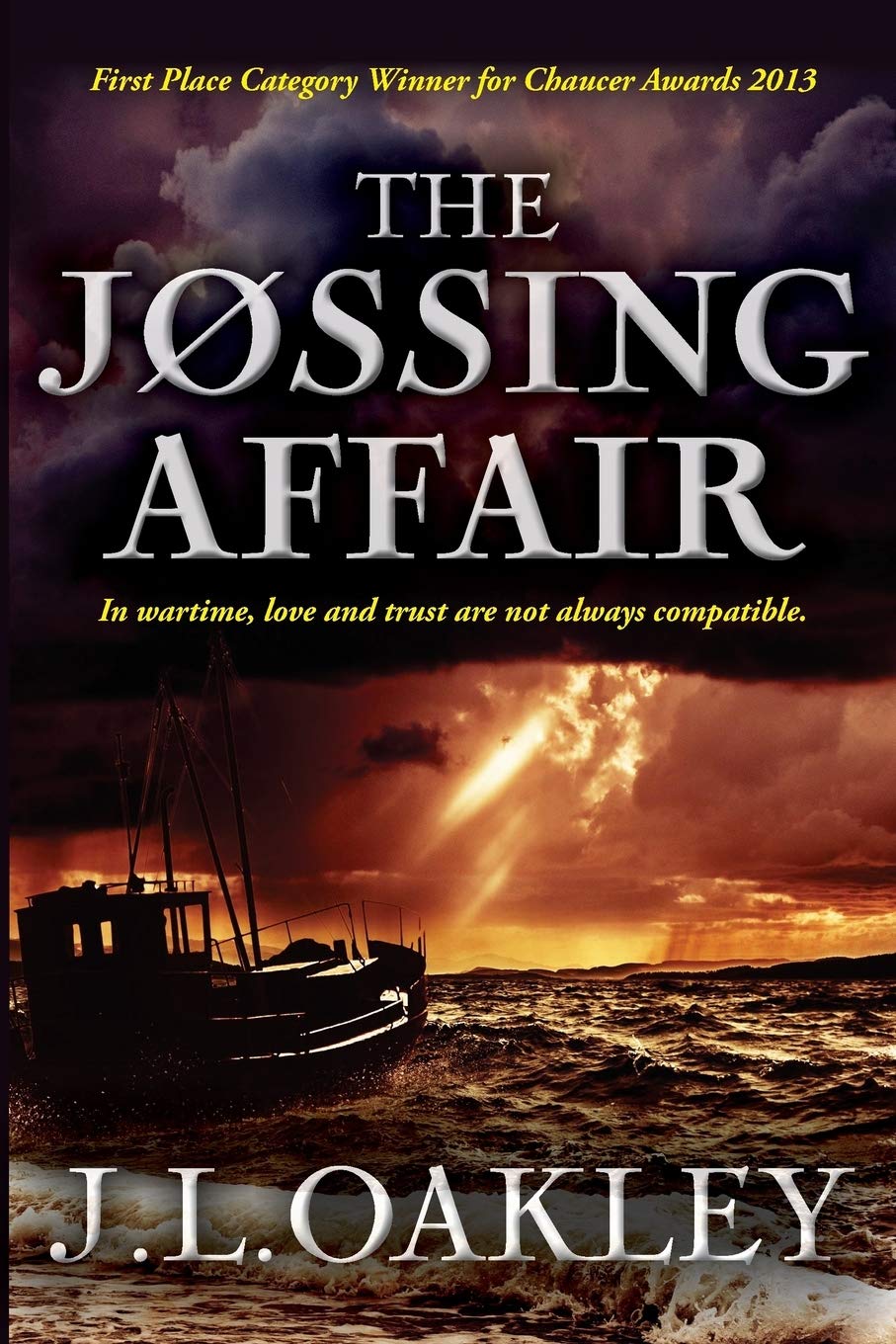 At the tender age fourteen, Thomas Cheke is kidnapped in the dead of night by Barbary pirates from his home on the Isle of Wight. His widowed mother and sister are left behind, but Tom doesn’t know if they survive the surprise attack. During the next six years, his life will take more twists and turns than he could ever have imagined, and the resulting story is one of the most fascinating ever put to page.
At the tender age fourteen, Thomas Cheke is kidnapped in the dead of night by Barbary pirates from his home on the Isle of Wight. His widowed mother and sister are left behind, but Tom doesn’t know if they survive the surprise attack. During the next six years, his life will take more twists and turns than he could ever have imagined, and the resulting story is one of the most fascinating ever put to page.
Tom addresses the reader directly, and this lends a heightened sense of immediacy and excitement to an already gripping tale. He is the most sympathetic of characters, one with the deck stacked against him, though he uses his innate intelligence and wits most effectively. After the initial night when he fell “into the hands of the Turk,” an event English schoolchildren had been taught to fear, Tom is imprisoned on a corsair ship bound for Algiers where he knows he will be sold as a slave.
Keenly observant and eager to make the best of his situation, Tom helps another lad on the boat who works in the kitchen, and along the way learns much about the running of the ship, the men aboard, prisoners and crew alike, and does what he can to comfort two other children who were also kidnapped from the Isle of Wight. Why these three youngsters were targeted by the pirates is at the heart of an intricate mystery that builds throughout the book. Meanwhile, day to day life on the boat, seen through Tom’s eyes, is fascinating, especially when the crew chases a Spanish galleon laden with silver bullion and battle ensues.
Once in Algiers, Tom maintains his composure while his ankle is chained and manacled and he is sold to Ibrahim Ali, the Grand Treasurer of the city. Many surprises await Tom as he joins the household, including his growing admiration for his Master, a kind and erudite man who arranges for his servant’s learning Arabic and intense study of the Koran. As a trusted servant, Tom runs errands for Ibrahim in cosmopolitan Algiers, the sights and sounds of which are fully brought to life through Munro’s sumptuous and masterful prose. Tom’s time on the corsair ship provided him with information that will prove very useful in his master’s solving a dire financial issue that involves the weakening value of coinage in Algiers.
Key events upend his existence once more, and he finds himself on a ship headed to Malta with a new mentor in Sir Edward Hamilton, a Christian brother and knight of the Order of St. John. With his ankle chain newly removed, Tom adjusts to life as a free man and assists Edward in solving an elaborate cipher, a lengthy message coded with the suits of playing cards. This introduces a riveting subplot concerning Cardinal Richelieu and the attempted assassinations of the Duke of Mantua and the Duke of Buckingham. Computer programmers, as well as anyone interested in code breaking, will find this section of the book enthralling. Warning the intended victims that their lives are in danger requires further travels, including a trip to Venice.
You won’t be able to turn the pages fast enough! Do Tom and Edward prevent the assassinations? Does Tom ever set foot on English soil again? What will become of the young man, twenty years of age at the book’s conclusion, who has lived in Ottoman and Christian worlds as a slave and a free man? Adults and sophisticated young adult readers will find this book exquisitely captivating.
Anyone who’s read and loved Robert Louis Stevenson’s historic adventure, Kidnapped, will no doubt also love Slave to Fortune. The basis of D.J. Munro’s thrilling adventure, Slave to Fortune, is purportedly based on an original memoir by Thomas Cheke, an Englishman who lived during the seventeenth century. In the Endnote, D.J. Munro shares the research he undertook to confirm the events in Tom’s memoir and notes, “I hope that I have done it justice.” The answer, of course, is a resounding, “YES!”
Slave to Fortune won the 2017 CIBA Grand Prize in the Dante Rossetti Awards and took First Place in the 2017 CIBA Chaucer Awards for Early Historical Fiction.













Leave A Comment